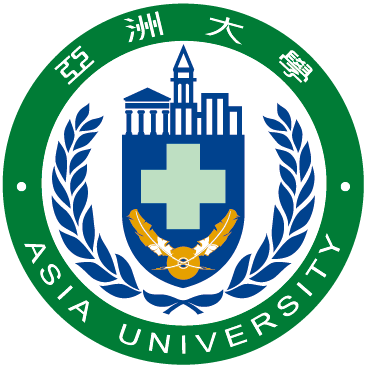Career Development
|
1 |
Working in the Fields of Counseling and Helping Professions After graduating from the graduate institute, any student who has acquired a Master's of Science and a counseling psychologist license is qualified to work in all major hospitals, recovery institutes, professional psychological counseling institutes, industries and corporations as well as schools and educational facilities. |
|
2 |
Continuing Research and Study For students who choose to continue studying at the graduate institute, the available fields of study include: Applied Psychology, Counseling, Educational Psychology, Behavioral Treatment, Social Psychology, Human Resource Management, Development and Leadership, Adult Education, Business Management, and Educational Psychology. |
|
3 |
Educational & Research Work Educational or research work at universities or educational institutes is possible after acquiring a Ph.D. in the relevant fields. Advanced research opportunities are also available at Academia SINICA of Taiwan or other independent or cooperation research units. |
|
4 |
Professions in Fields of Law and Government Work These fields include government pointed observers, crime prevention, teenage counseling, and prison officers. |
|
5 |
Government Workers This includes government personnel exams, fields in personnel administration, educational administration, statics, internal affairs, and industrial safety. |
|
6 |
Industry and Cooperation This includes human resources management, training and development, employee affairs, or in fields such as merchandising, advertisement industries, idea/brainstorming, or market research. |
|
7 |
Fields in Social Work This includes family counseling, lifeline (suicide prevention), prison counseling, psychological recovery center, marriage counseling, child protection, drug abuse counseling, and community health observations. |



Q&A You may want to know
Q: What is studied in the Department of Psychology?
A: Psychology is a science to investigate human behavior and mental process. The application scope of psychology is relatively broad and diversified, with very expansive employment opportunities. The Department of Psychology of the University designs comprehensive curricula and professional programs based on global tides, social development trends, and students’ future careers, proving students with a solid fundamental knowledge in psychology as well as diversified and abundant clinical, guidance and industrial/organizational practical experience. This helps students develop a capacity of professional domains, such as counseling psychology, clinical psychology, as well as social and industrial/organizational psychology, etc.
Q: Are only students who are science and engineering majors allowed to take the exam for Department of Psychology, or may students majoring in the social sciences also take the exam?
A: All students majoring in either science and engineering or the social sciences may take the exam for the Department. Students may also apply for admission via the Multi-Stars project or Recommended Screening Examination.
Q: Can I become a psychiatrist after graduating from the Department of Psychology?
A: After graduating from the Department of Psychology, you may continue for advanced study in the department's master's program or psychology-related departments at other schools. Students can major in counseling psychology or clinical psychology. Once they complete the required credits and internship programs, they can take the exam for the clinical psychologist or counseling psychologist certificate, which will allow the student to practice as a psychologist in medical institutions or psychological counseling centers in schools, or establish a private practice to be a director for a psychotherapy clinic or psychological counseling clinic.


